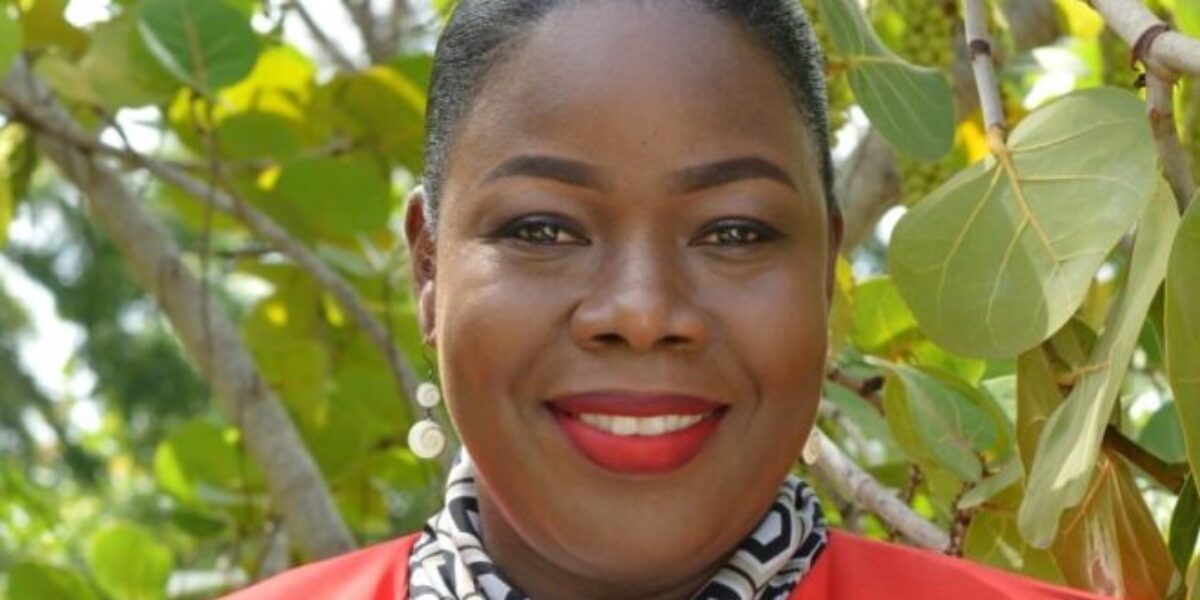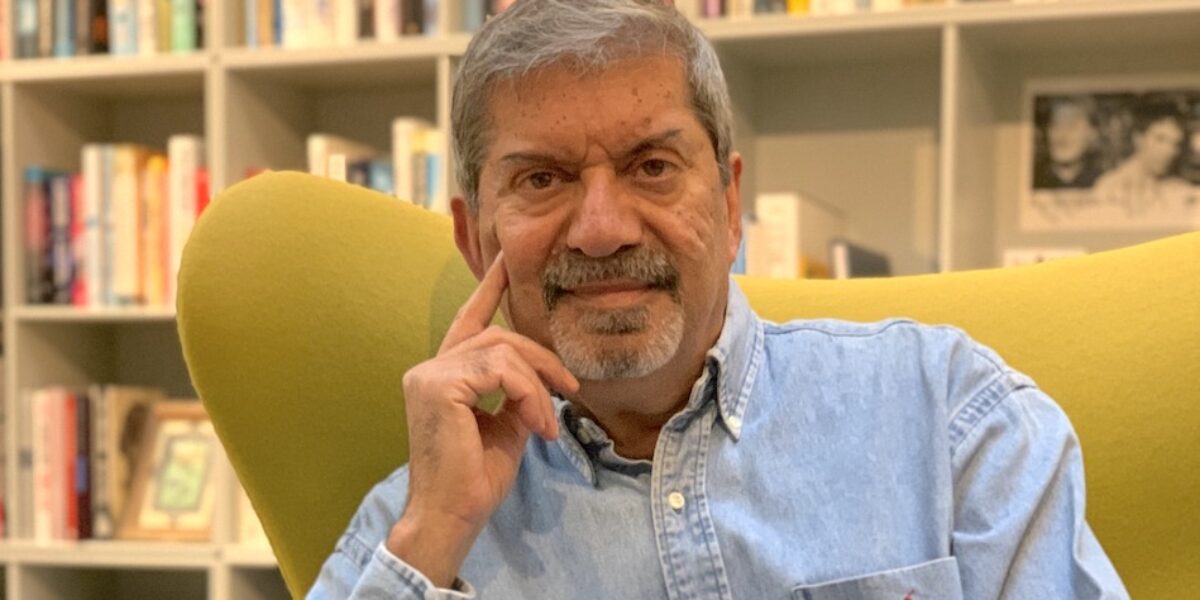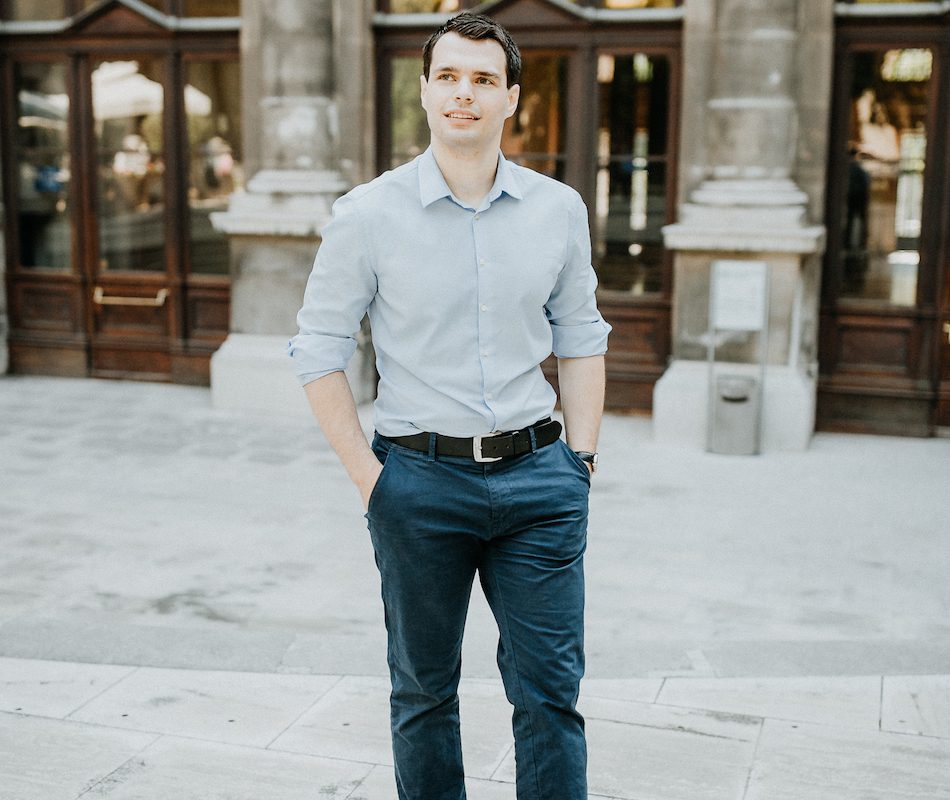New European Economy speaks with Mrs. Charmaine Quinland-Donovan, CEO, Antigua & Barbuda CIU
New European Economy: To what extent has the global nature of the Covid-19 pandemic influenced the attractiveness or otherwise of Antigua & Barbuda’s Citizenship by Investment Programme?
Charmaine Quinland-Donovan: The Covid-19 pandemic has had a significant effect on the global investment migration industry. Undoubtedly, it has fuelled increased interest in these programmes, as potential investors consider much more than the issue of mobility when selecting a second citizenship and residence. At the same time, the restrictions to travel as well as the limited direct access to government agencies and businesses has compelled organisations such as ours to become more nimble and responsive in an effort to maintain and increase market share.
Fortunately, the Antigua and Barbuda Citizenship by Investment Programme has continued to enjoy sustained interest and the number of applications being submitted has begun to increase to near pre-COVID-19 levels. As early as March of this year, the Unit began a comprehensive reorganisation of its operating processes to facilitate greater electronic engagement and maintain response time. As a result of this quick response to the crisis at hand, the Unit has been able to maintain a steady stream of applications.
While the National Development Fund (NDF) has proved to be an extremely popular conduit for citizenship investors, less well known is the option to invest in approved businesses. Why might investors like to consider it?
Charmaine Quinland-Donovan: The National Development Fund (NDF) option is more sought after by applicants due to the simplicity of the process of applying for citizenship as well as its affordability. Applicants to this option are usually drawn to the programme primarily seeking ease of travel.
However, for the savvy investor, and for those who understand that second citizenship can be so much more than travel mobility, both the real estate and investment in business options are significantly more attractive. While the price points are higher, the opportunities, as well as the rates of return are considerably greater. In the case of real estate purchases, the investor does more than secure a valuable travel document.
They have a vacation home and investment property in Antigua and Barbuda as many of the units available for purchase participate in rental programmes. So not only do they have a place to stay, that they own, when they visit, but over the life of the investment, they earn investment income. And should they so wish, the property can be sold at the end of the mandatory five-year period. The returns on the initial investment are unmatched.
The investment in business option allows the investor to either identify a high value enterprise into which to invest or the opportunity to expand the footprint of their existing businesses. They can therefore leverage that investment into generating returns for the mandatory five year period, or into perpetuity if they so wish. Antigua and Barbuda is a logical operational base for accessing the OECS region and the wider Caribbean.
“From its inception, the Citizenship by Investment Programme was structured to have wide-scale beneficial socio-economic impacts.”
New European Economy: Which recent, current and forthcoming developments would you like to make prospects aware of e.g. new visa-free countries added to the list; the upgrading of the application management system; introduction of alternate payment systems, the ability to pay in different currencies etc?
Charmaine Quinland-Donovan: There are a number of recent enhancements to the programme which make it a premier contender in the investment migration landscape. Among these is the digitisation of the application process which allows agents to submit their applications online removing the potential of delays given the need to manage person to person contact. The CIU began making the transition to an online application process since the latter part of 2019 through the introduction of the Agent’s online Portal, and this process has been tested and has been proven to be robust and efficient in the past several months.
Additionally, during 2020, greater focus was placed on improving the existing offerings under the Programme. A third pathway to real estate ownership was introduced so that prospective applicants had the option of purchasing approved real estate at a minimum of US$200,000 as a qualifying investment.
The existing co-application for the real estate option, with each applicant contributing a minimum investment of US$200,000, was also made permanent (no longer a limited time offer). Furthermore, it was made clear to existing real estate owners that they are able to resell their units under the Programme after the 5-year holding period. Additionally, based on feedback from the industry, the processing fees were aligned under 3 of the 4 options at US$30,000; processing fees for the fourth option, the UWI option, are included in the investment amount.
Again, as a result of feedback from the industry, the investment in the University of the West Indies option has also been enhanced to make it the most attractive large family option available regionally and internationally. At an investment level of US$150,000, a family of six may make an application. This attractive offer is made even more incredible by the opportunity for a member of the family to attend the university for one year tuition-free and this is the only option for which the investment amount includes government processing fees.
The country’s pioneering approach to easing payment challenges is beneficial for our applicants. Our Parliament has passed legislation to allow payments to be made in several major currencies. Applicants are no longer required to secure US$, EURO or Sterling. Additionally, the legal framework also exists for the programme to receive payments in cryptocurrencies.
“Prospective clients can rest assured that the Antigua and Barbuda CIP is the premier choice for second citizenship.”
The Restricted Countries Policy was also modified by removing Iraq and allowing persons who were born in the remaining restricted countries to be eligible to apply once they have resided in any country not on the list for at least 10 years (All other conditions of the original policy remain).
Most recently, again in response to the global pandemic, the Cabinet of Antigua and Barbuda agreed to temporarily suspend the requirement to visit Antigua and Barbuda in the first five years of citizenship. This waiver is effective 1st February 2020 until 31st August, 2021.
New European Economy: For those weighing up CIPs from different jurisdictions, if asked to point to three key elements that distinguish Antigua & Barbuda’s offer from the competition, what would these be?
- Antigua and Barbuda has a myriad of investment opportunities and benefits for new citizens. There are a total of four distinct investment options with 7 pathways for participation. Executives, investors with a developmental/education focus, entrepreneurs seeking business and investment opportunities, and those seeking attractive, high-quality real estate as a vacation home and/or to earn rental income can find an option which suits them.
- Ours is a well regulated and reputable programme with a reputation for efficiency in processing and market responsiveness. International partners – both governments and industry stakeholders – understand and commend all aspects of our programme’s operations as transparency is a pillar of our business model.
- Antigua and Barbuda offers a safe and healthy living environment, year round sunshine, white and pink sand beaches, world class education and healthcare, warm friendly people and an amazingly beautiful twin-island paradise for you to call home.
New European Economy: How can the force for good credentials of Antigua & Barbuda’s CIP best be evidenced, such that prospects can be assured their investment will help enrich the social and economic fabric of their new adopted homeland?
Charmaine Quinland-Donovan: From its inception, the Citizenship by Investment Programme was structured to have wide-scale beneficial socio-economic impacts. The selection of the original investment options, as well as their thresholds, was crafted to result in greater economic diversity, energising of the private sector and supplementing of direct revenue flows to the government. As had been anticipated, the benefits of the Programme to the people of Antigua and Barbuda have been significant. More than US$200 Million from inception to date been generated by the CIP.
These earnings have been utilised to support monthly pension payments, purchase critical medical equipment, finance environmental management initiatives, contribute to Government operated affordable housing projects, facilitate debt payments, and augment subventions to the Barbuda Council as well as complement government’s tax revenue streams in the overall economic management of the country. Social programmes operated by NGOs, community sporting organisations and athletes, educational institutions, cultural festivals and heritage events have all benefited from the revenues derived under the programme.
Prospective clients can rest assured that the Antigua and Barbuda CIP is the premier choice for second citizenship.









 For centuries the world of banking has relied on trusted intermediaries. Their importance soared when money moved from coins, bills or printed ownership certificates to electronic ledgers. While physical money can be handed over from one person to another, with electronic entries into databases the process becomes tricky. How do you ensure money or another asset disappears from the initial owner when being sent? During the last decades the answer has been to build a complex, multi-layered system of intermediaries, whether it is payment processors, brokers or clearing houses.
For centuries the world of banking has relied on trusted intermediaries. Their importance soared when money moved from coins, bills or printed ownership certificates to electronic ledgers. While physical money can be handed over from one person to another, with electronic entries into databases the process becomes tricky. How do you ensure money or another asset disappears from the initial owner when being sent? During the last decades the answer has been to build a complex, multi-layered system of intermediaries, whether it is payment processors, brokers or clearing houses.